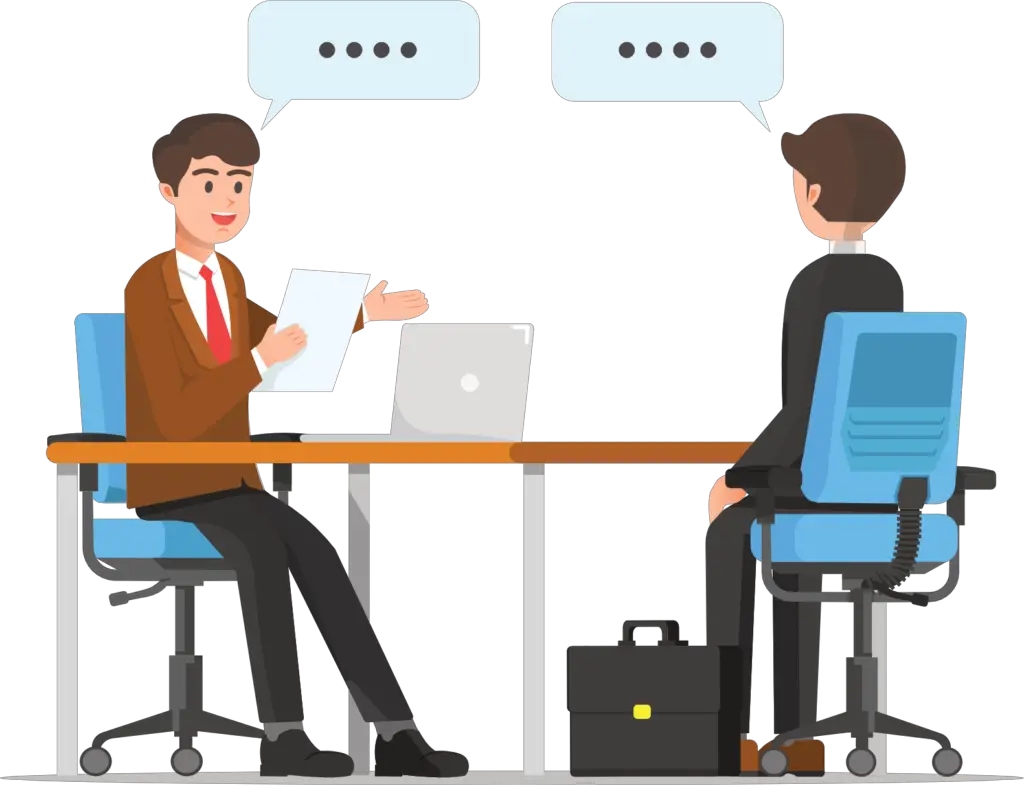Ask Someone to Repeat Themselves – Introduction
Have you ever found yourself in a meeting or on a call, desperately trying to catch what someone just said – but it was too fast, too quiet or simply unclear? You’re not alone. Even confident English speakers sometimes miss things, especially in fast-paced business settings. The key is knowing how to handle it without feeling embarrassed or making others feel awkward.
This article builds on my previous guide about how to politely ask for clarification. Now, we’re focusing specifically on how to ask someone to repeat themselves in a natural, respectful and professional way.

Whether you’re working in an international team, attending a video call or networking in person, knowing how to do this well can boost your confidence – and your communication skills.
Why Asking Someone to Repeat Themselves Matters
Misunderstandings at work can lead to mistakes, delays or even damaged relationships. But if you missed part of what someone said, asking them to repeat it politely and clearly is far better than guessing or staying silent.
Many English learners feel nervous about doing this, worrying they’ll seem unprofessional. In reality, native speakers regularly ask for repetition too – it’s completely normal.
The secret is in how you ask.
Useful Phrases to Ask for Repetition Politely
Here are some tried-and-tested phrases that work well in professional situations:
When the sound wasn’t clear:
- “Sorry, I didn’t catch that. Could you say it again, please?”
- “Would you mind repeating that? The connection cut out for a second.”
- “I’m afraid the audio was unclear – could you go over that again?”
These phrases show you’re paying attention but simply didn’t hear clearly.
When the person was speaking too fast:
- “Sorry, could you say that a bit more slowly?”
- “Would you mind repeating that at a slightly slower pace?”
This is useful when someone is speaking quickly, and you need more time to process what they’re saying.
When you want to sound more formal:
- “I’m sorry, I didn’t quite follow that. Would you mind going over it once more?”
- “Could I ask you to repeat that last point?”
These expressions work especially well in meetings or formal presentations.
Adding a Reason Helps
Giving a reason (briefly) makes your request sound more natural and polite. For example:
- “Sorry, I didn’t catch that – my headphones glitched for a moment.”
- “Apologies, someone came into the room just now. Could you repeat that last part?”
You’re not making excuses – you’re simply showing that you were listening, but something out of your control got in the way.
What Not to Say
Avoid blunt or vague phrases like:
- “What?”
- “Huh?”
- “Say again.”
These can sound rude or abrupt, especially in professional contexts.
Instead, take an extra second to frame your request politely. It helps maintain good relationships and shows emotional intelligence.
Pro Tip: Use Body Language Too
When you’re in person or on a video call, your non-verbal cues matter.
Try:
- Raising your eyebrows slightly
- Tilting your head
- Holding your hand to your ear briefly
- Leaning forward a little
These small actions show interest and signal that you’re trying to listen carefully – without interrupting.
Practise These Phrases
Like any skill, this gets easier with practice.
Try these short exercises:
- Listen to a business podcast or YouTube video and practise saying, “Sorry, I didn’t catch that. Could you say it again, please?” when the speaker talks too fast.
- Role-play with a colleague or language partner: one person speaks quickly or unclearly, and the other practises asking for repetition.
- Record yourself using different phrases. Listen back to check your tone, clarity and speed.
The more you use these phrases, the more natural they will feel.
Want More Support?
If you’re a professional who needs English for work, you’re not alone. Many learners are dealing with the same challenges – speaking up in meetings, handling video calls and asking questions without losing confidence.

Our community for professionals who need English for work is designed to support people like you with practical resources, encouragement and connection.
And don’t forget to read my earlier articles to build your skills even further:
👉 How to Politely Ask for Clarification When You Don’t Understand
👉 Active Listening in English: Improve Your Understanding
Final Thoughts
Being able to politely ask someone to repeat themselves is a powerful communication skill – not a weakness. In international business, clear understanding matters more than pretending you heard something when you didn’t.
So next time something isn’t clear, speak up – respectfully. You’ll come across as confident, professional and engaged.
And that’s exactly the kind of communicator you want to be.


